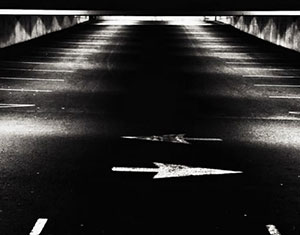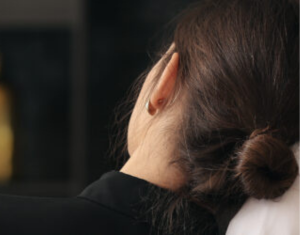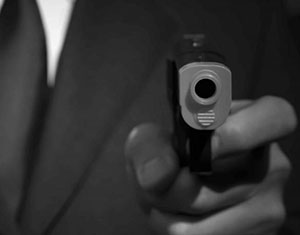A Compassionate, Successful Attorney for Gunshot Wound Victims in Georgia
Unfortunately, gun violence is a factor in our world. When you’re the victim of a gunshot wound, the effects can be devastating. It will undoubtedly impact your physical health, in addition to your mental, and emotional wellbeing. In addition to your health, the financial losses as you recover can be extreme. These require an attorney with skill, knowledge, and experience to get you the best possible outcome.
What Is A Shooting or Gunshot Wound Case in Georgia?
Gunshot wounds are caused when a bullet or other projectile is shot into or through the body. Such injuries can be very severe, including:
- Bone fractures and lacerations
- Skull fractures
- Joint damage
- Traumatic brain injuries
- Cuts, bruises, and abrasions
- Disfigurement
- Paralysis
- Wrongful death
The Costly Reality of Gunshot Wounds
A Johns Hopkins study published a few years ago indicates that firearm-related injuries account for nearly $3 billion in inpatient and emergency care in the U.S. annually. Women — especially those ages 20 to 24 — are much more likely to suffer firearm injuries (probably due to incidents of domestic violence). Meanwhile, men are five times more likely to die of a gun-related death.
On average, emergency department charges are about $5,250. Annual costs for inpatient treatment of gunshot wounds add up to about $96,000. In other words, a victim of a gunshot wound in Georgia can expect to shell out more than $100,000 a year just in hospital costs.
Although much of the data and research on gunshot injuries focuses on emergency care, the reality is that those figures represent only a fraction of the billions spent on ongoing care and potential complications. Unfortunately, that $100,000 figure does not factor in the wages lost due to an inability to work during recovery. Further, it fails to take into account that the injured individual may never be able to return to the job they once had. Lastly, it fails to account for the ongoing costs of things like medication, physical therapy, occupational therapy, vocational counseling/career training, and mental health counseling.
Those who do not survive may leave behind children, spouses, or other family members they otherwise would have been financially supporting. Those individuals will grapple not only with the loss of the decedent’s income, but also with the care, guidance, and support they would have been provided had their loved one lived.
As the Atlanta crime victim attorneys at Apolinsky & Associates LLC can explain, health insurance may cover a portion of those costs, but the exact amount will vary from patient-to-patient and according to the details of their plan. Those without health insurance could face crushing medical debt in the wake of a gunshot wound.
If you or a loved one were injured in a gun-related incident, you may be entitled to financial damages. To learn more about what compensation might be available, contact Apolinsky & Associates today to schedule your appointment.
Further Reading: Examples of Negligent Security that Lead to Serious Injury
Proving Liability & Causation in Georgia Shooting Injury Cases
Negligence can refer to a wide range of actions or failures to act. For example, if your gunshot wound injury occurred at a gas station where the property owner was previously made aware of the potential for danger but failed to provide adequate security, your attorney might seek to show the site of the injury was unreasonably dangerous, despite the property owner’s duty to maintain a safe premises.
Negligence can be broken down into four simple parts which the plaintiff (person injured) must prove:
- The person named in the suit (the defendant) owed you a duty of care.
- The defendant breached the duty of care owed to you through an act of negligence.
- The breach of the duty of care was the legal cause of your injuries.
- The plaintiff suffered damages (losses) as a result of the accident.
When the negligence of another person causes or contributes to the cause of a gunshot wound injury, it can be grounds to pursue financial compensation.
Damages and Compensation Recoverable in Gunshot Wound Injury Cases
Serious injuries can and do occur in cases of gun violence. You may need extensive medical care or even long-term care after an assault. Fortunately, you may be able to recover some of those losses, including:
- Medical expenses, including emergency care and ongoing treatments
- Lost wages
- Reduced or lost earning capacity
- Long-term disability
- Property damage
- Pain and suffering
- Diminished quality of life
If you or a loved one has been badly injured due to a gunshot and would like to discuss what possible damages you could recover, contact Apolinsky & Associates, LLC, for a case evaluation.
Further Reading: Understanding Foreseeability in Negligence & Premises Liability


















